Blackened Salmon with a flavorful crispy crust smothered in creamy Cajun Sauce on your table in 30 minutes! Readers call it, “AMAZING!,” “incredible,” “BIG HIT,” “FIVE STARS*****” I’ve included step by step, detailed instructions in the post so you can master this recipe like a pro, even if you’ve never made fish before!
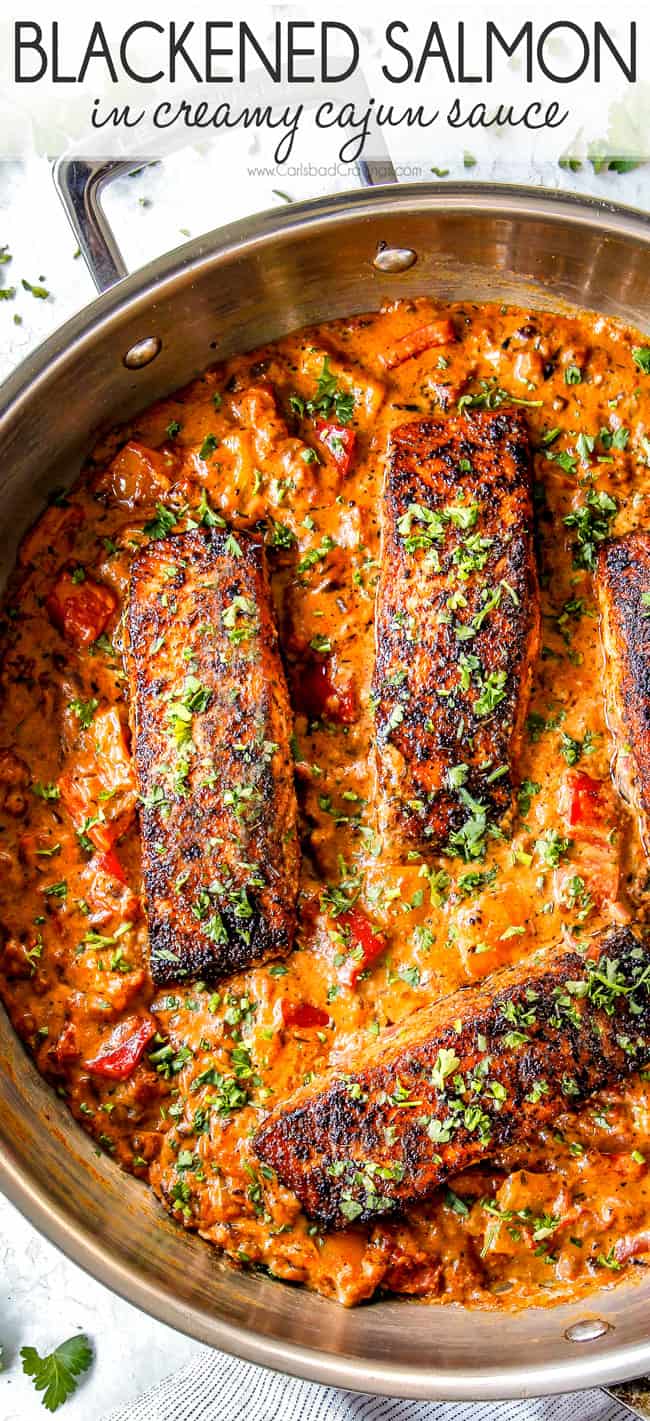

Blackened Salmon
LOW EFFORT, HIGH REWARD. When it comes to easy, quick-cooking weeknight meals that taste restaurant delicious, salmon is often my answer. Salmon is juicy, rich, buttery tender and literally takes minutes to cook!
QUICK AND EASY. I love re-inventing the friendly fish and couldn’t be more excited about this stellar Blackened Salmon recipe. It might look fancy, but trust me, it is SO easy! In less than 30 minutes, you’ll be sinking your teeth into tender, juicy, superbly crusted, spicy, smoky salmon fillets bathed in dreamy sauce.
RIDICULOUSLY DELICIOUS. The salmon is loaded with blackened seasonings then pan seared to create a charred, boldly seasoned exterior giving way to a buttery, juicy interior. It’s then simmered in a sauce with onions, garlic, bell peppers, tomatoes and cream to drink up all the intoxicating flavors.

WHAT IS BLACKENED SALMON?
“Blackened” is a method of Cajun cooking in which fish, shrimp, meat, chicken or pork is coated in a spice rub then seared at high heat. The seasonings char, deepen in flavor and mingle with the butter to create an irresistible dark crust that is smoky, spicy and irresistible giving way to juicy, tender fish or protein.
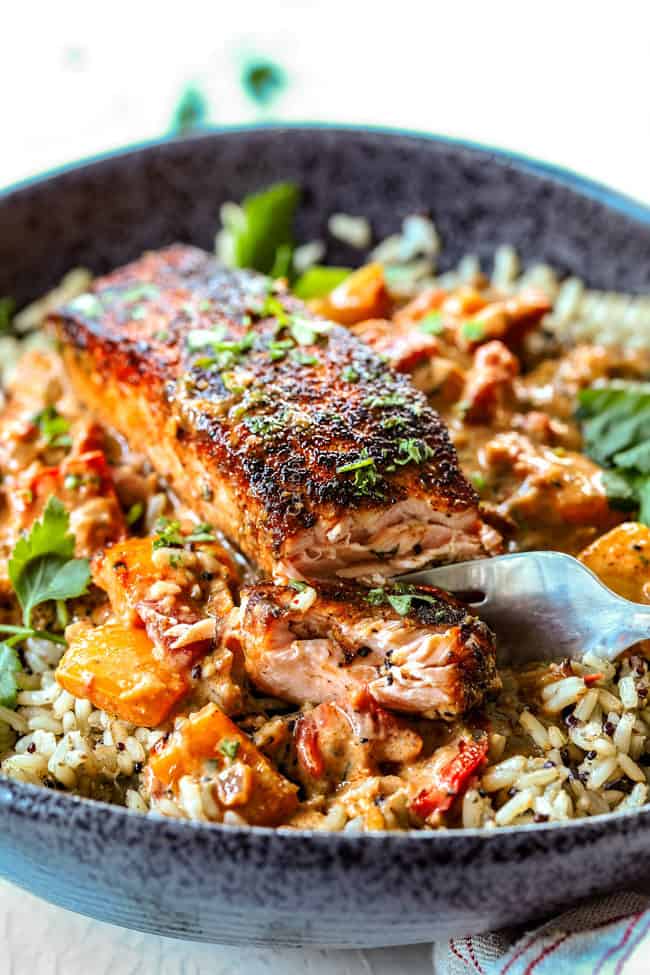

Blackened Salmon Recipe Ingredients
Let’s take a closer look at what you’ll to make Blackened Salmon (measurements in the printable recipe card at the bottom of the post):
Blackened Salmon Seasoning Ingredients:
- 2 teaspoons smoked paprika
- 2 teaspoons garlic powder
- 2 teaspoons onion powder
- 1 teaspoon salt
- 1 teaspoon dried oregano
- 1 teaspoon dried thyme
- ½ teaspoon pepper
- 1/4-1/2 teaspoon cayenne pepper
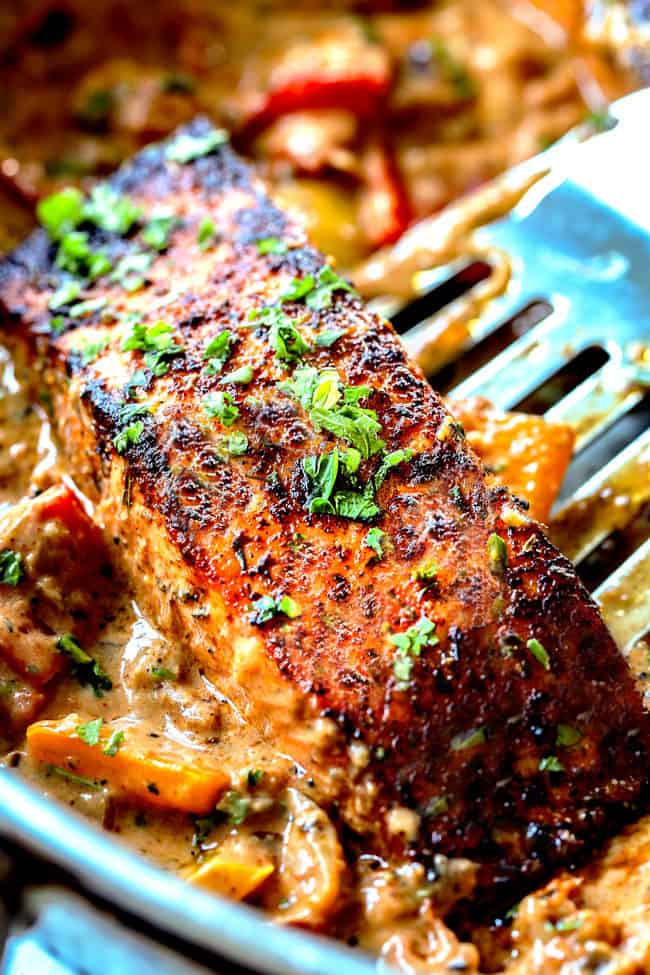

What Salmon to Buy for Cajun Salmon
I prefer skinless salmon fillets for this Blackened Salmon recipe because the seasonings themselves create the crispy crust. Skinless fillets also allow you to rub the blackened seasoning all over your salmon for maximum flavor.
Choose salmon fillets that are 6-8 oz. each so that the fish will be cooked on the interior by the time the exterior is blackened. I purchase my salmon fillets at the seafood counter of my grocery store so I can select the size and know they are fresh.

WHAT PAN TO USE TO MAKE BLACKENED SALMON
Blackened Salmon is usually cooked in a cast iron skillet to develop the deep crust but you can use any heavy duty bottom pan. Stainless still is probably the trickiest because the salmon is more likely to stick.
You can still use a nonstick pan (usually my favorite for salmon) if it is a heavy quality pan like Le Creuset which can withstand the heat and still develop the deep char.
No matter what pan you use, you will want a take care your pan is large enough to accommodate the fillets without overcrowding, otherwise work in batches.
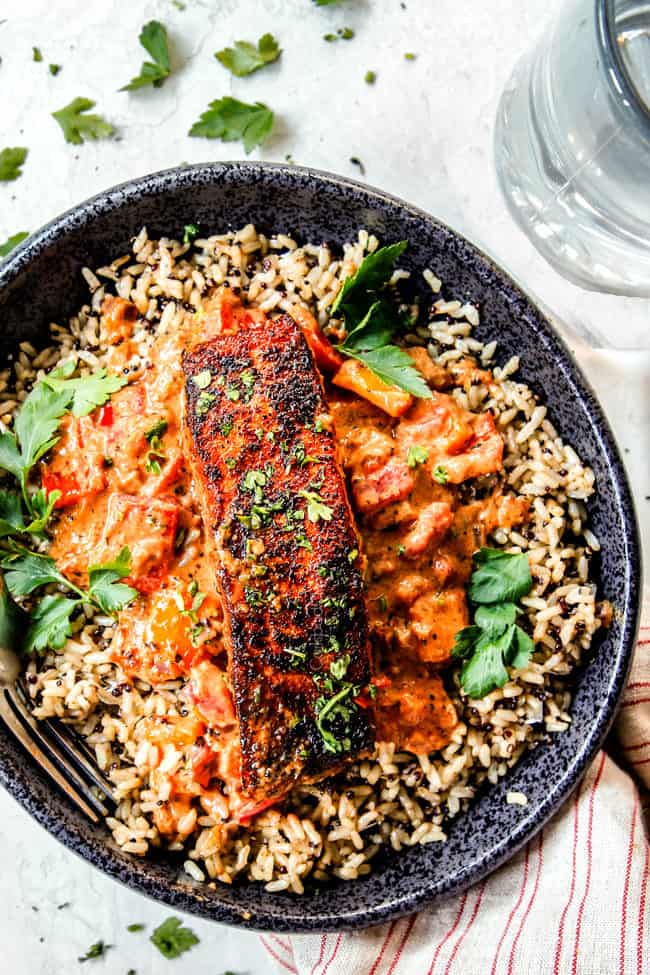

How to make Blackened Salmon
Let’s take a closer look at how to make Blackewith step-by-step photos (full recipe in the printable recipe card at the bottom of the post):
- Remove Salmon from the fridge: Never cook salmon cold straight from the refrigerator otherwise it will cook unevenly. Instead, remove the fish from the refrigerator about 15 to 20 minutes before you’re ready to start cooking.
- Dry fillets: Pat salmon dry with paper towels before brushing with oil or butter. Wet or moist salmon are more likely to stick to the pan and develop a lackluster crust.
- Grease salmon: Brush the salmon with melted butter or olive oil on ALL sides. If you are using butter, the easiest way is to melt butter in a shallow dish then dip your salmon in the butter to coat all sides.
- Season salmon: Rub the salmon with the blackened seasoning just before you’re ready to cook. You don’t want to season it early or the salt will draw moisture out of the fish and it will become dry.
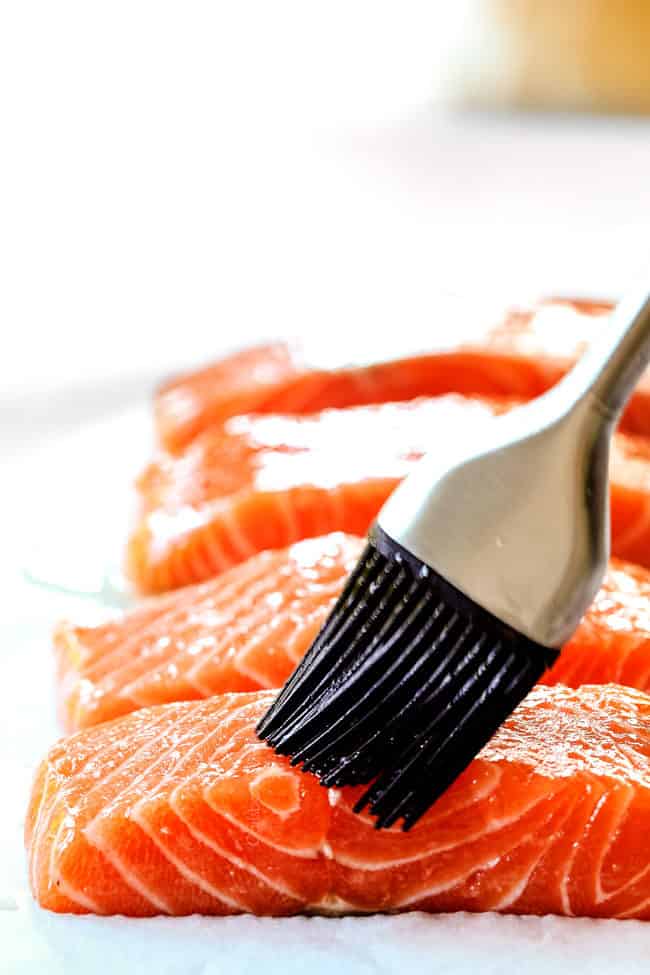
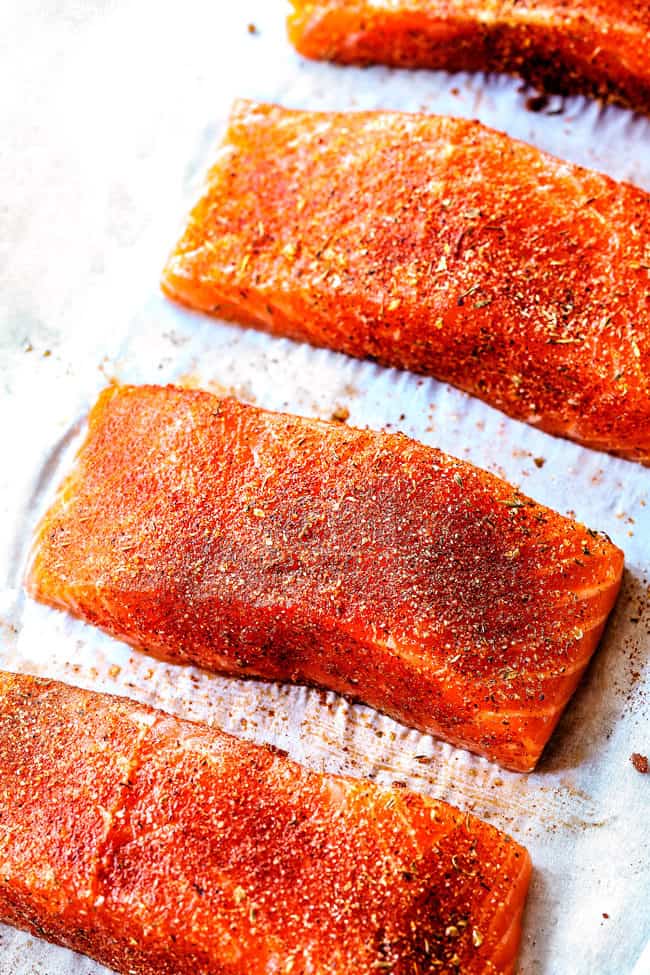
5. Wait for a hot pan: A hot pan doesn’t mean high heat, otherwise your salmon will burn on the outside and remain raw on the inside. Instead, a hot pan means waiting until your pan is hot before anything touches the pan. A hot pan keeps the salmon crispy on the outside and seals in the moisture. The crust developed by a hot pan is not only flavorful but helps your salmon from sticking. Without a golden crust, salmon is impossible to flip over without tearing.
6. Heat oil: Once the pan is hot, add the oil and wait until it shimmers before adding the salmon. You want the oil to be hot but you don’t want it so hot that it is smoking.
7. Cook salmon: Add salmon to the pan and cook approximately 4 minutes per side, or until crispy and blackened.
8. Don’t fiddle: Let your salmon cook undisturbed so it can sear properly and develop the charred, caramelized crust. After the maillard reaction takes place, the caramelization will make the salmon automatically detach from the pan. Don’t disturb the salmon before this reaction or it will fall apart.
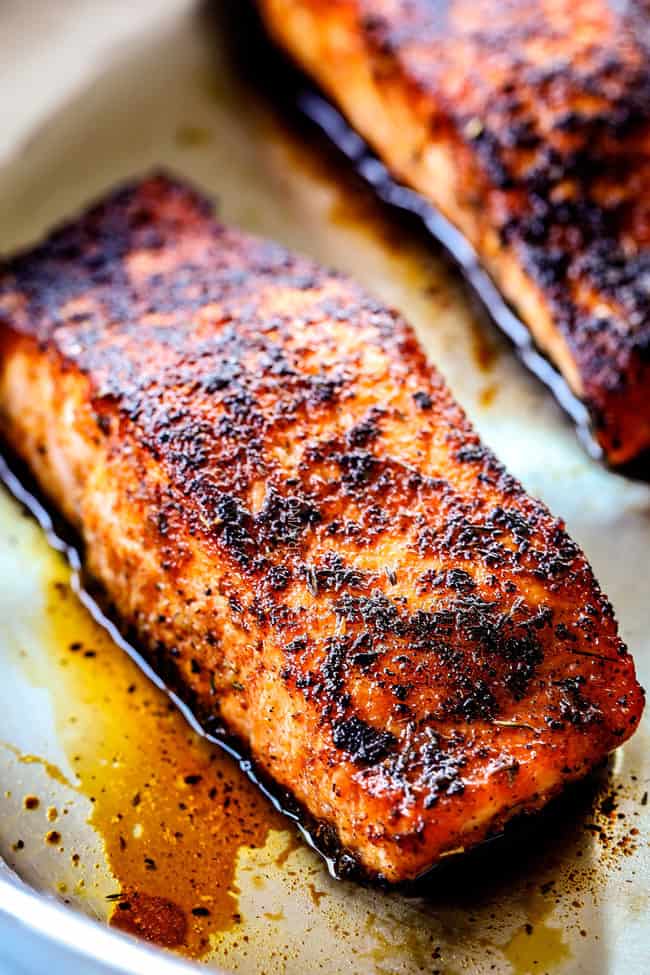

How long to cook salmon for this cajun salmon recipe?
The cooking time will depend on the type of pan you use, how hot your pan actually is, how thick your salmon is and what temperature you like your salmon.
A general rule of thumb is 3-4 minutes per side but the telltale way is to watch the color on the sides of the salmon. Starting with the bottom, it will change from raw pink to pale pink along the sides of the fish as it cooks. Once the color has moved up to the center, it is usually time to flip and cook an additional 3-6 minutes.
You can accurately check the temperature of your salmon with an instant-read thermometer. Insert the thermometer into the thickest part of the salmon: 120F for medium rare, 130F for medium. I prefer my salmon medium as it will cook for a minute after removing from the pan.
If you like your salmon more than medium (which is flirting with dry salmon) then you’ll want to lower the heat and cover the salmon once you flip. This will help the salmon cook evenly without drying out.
Take care not to overcook your salmon because it will only remain buttery, juicy and tender as long as it isn’t overcooked. It is better for salmon to be undercooked than overcooked in my opinion.
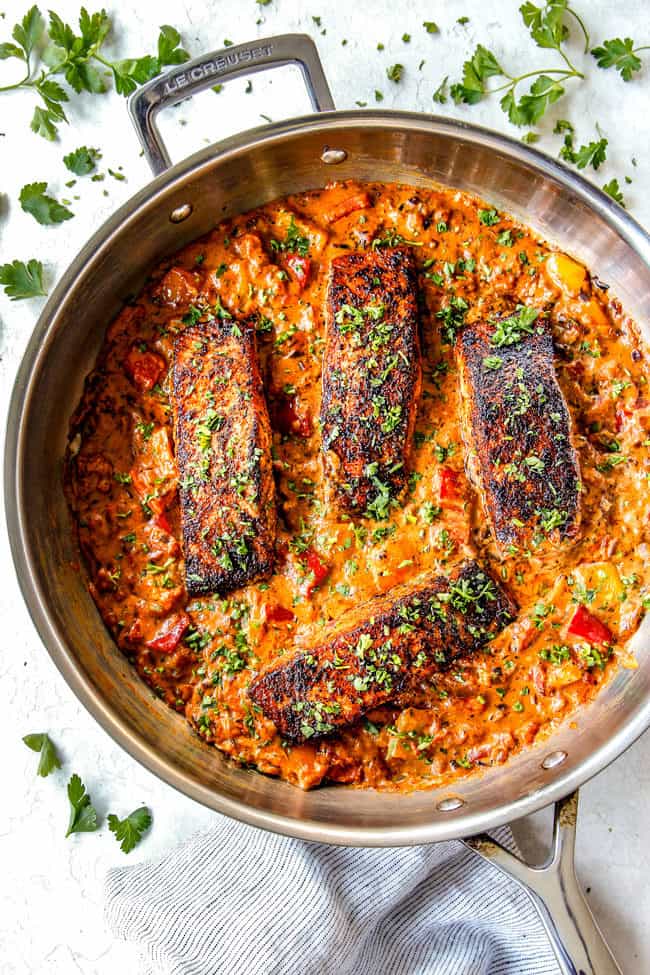

What goes with Blacked Cajun Salmon?
This Blackened Salmon recipe is so flavorful, it pairs well with simple rice, cauliflower rice, broccoli rice quinoa or even mashed potatoes. It also goes well with a big green salad, fruit salad, crusty bread or cornbread.
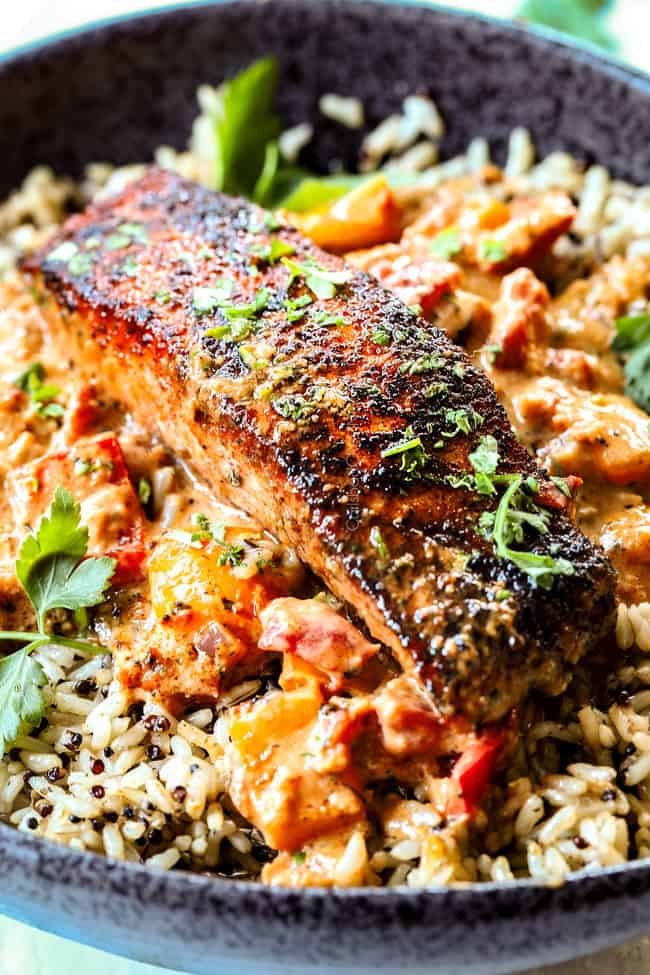
How to Make Blackened Salmon FAQs
Blackened Salmon is not only delicious, but good for you too! Salmon is a nutritional powerhouse. It is an excellent source of omega 3 fatty acids, protein, several B vitamins, antioxidants and potassium.
Studies show that salmon can help lower inflammation, which may reduce the risk factors for several diseases. A growing number of studies also suggest that including salmon in your diet might improve brain function and even reduce symptoms of anxiety, depression and the risk of age-related memory problems. In addition, this Blackened Salmon will make your taste buds happy.
While both methods can develop a flavorful char on the exterior of the food, blackening always involves coating the protein in blackened seasoning first. Grilled foods can be blackened, but not all grilled foods are blackened.
Blackened foods, on the other hand, are intentionally cooked at high heat to develop the charred crispy crust.
The blackening technique was populated by Chef Paul Prudhomme. Chef didn’t have a grill at his New Orleans restaurant, so he used a hot cast iron skillet to develop the charred crust on his proteins.
You don’t need to be a chef or own a restaurant to make Blackened Salmon! It all starts with the seasoning.
Blackened seasoning is associated with Cajun or Creole cooking. It is a robust blend of herbs and spices resulting in a smoky, spicy, earthy, flavor.
The red appearance on the blackened salmon is from the smoked paprika and cayenne pepper. Please do NOT substitute smoked paprika with regular paprika – the smokiness is everything.
You can find smoked paprika with the rest of the spices at your grocery store. I use it in ALL my Mexican recipes, so I promise your purchase will not go to waste. The rest of the blackened seasoning is a mix of common pantry seasonings you probably have on hand already. You can also customize the heat by using more or less cayenne pepper.
Oil is best for blackening fish due to its higher smoke point. Blackening involves cooking fish at very high temperatures, and oil can withstand these temperatures without burning or smoking excessively. Butter, on the other hand, has a lower smoke point and may burn at the intense heat required for blackening, leading to undesirable flavors and potentially a burnt appearance on the fish. Using oil allows for effective blackening without compromising the taste or appearance of the dish.
The best way to get blackening seasoning to stick is to brush your protein (fish, chicken, pork, etc.) with oil or butter before applying the spices. The fats provide a sticky surface for the spices to adhere to, contributes to the release of aromatic compounds in the spices, and helps retain moisture in the protein during cooking, preventing it from drying out.
You don’t necessarily need a cast iron skillet to properly blacken fish. While cast iron is a popular choice due to its ability to retain and distribute heat evenly, other heavy-bottomed pans with high heat retention, such as stainless steel or carbon steel, can also be used effectively for blackening fish (seen in this recipe). The key is using a pan that can withstand the high temperatures required for the blackening technique.
Yes! Adding oil to a fish before seasoning helps the spices adhere, contributes to the release of aromatic compounds in the spices, and helps retain moisture in the fish during cooking, preventing it from drying out.
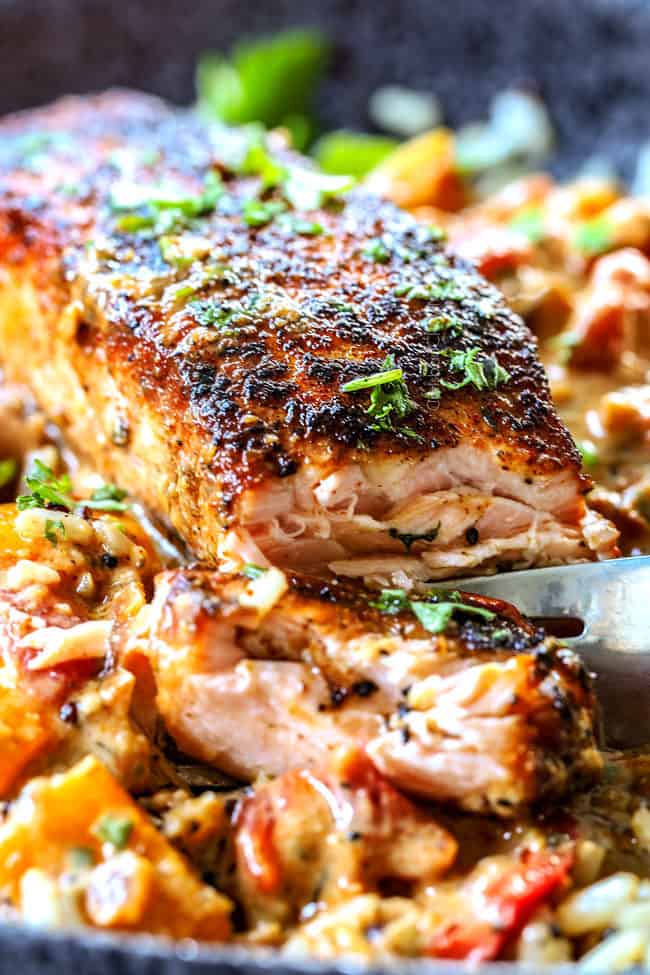
You might also like these Cajun recipes:
- Cajun Chicken Pasta
- Cajun Steak with Apricot Orange Glaze
- Cajun Honey Mustard Chicken
- Cajun Chicken Bowls
- Cajun Pork with Pineapple Glaze
Want to try this Blackened Salmon Recipe?
Pin it to your Seafood, Salmon or Dinner Board to save for later!
FIND ME ON PINTEREST FOR MORE GREAT RECIPES! I AM ALWAYS PINNING :)!
©Carlsbad Cravings by CarlsbadCravings.com
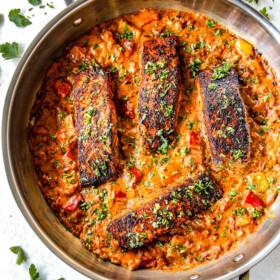
Cajun Salmon
Save This Recipe To Your Recipe Box
You can now create an account on our site and save your favorite recipes all in one place!
Ingredients
Salmon
- 4 (6-8 oz. each) skinless salmon fillets
- olive oil
- melted butter optional
Blackened Seasoning
- 2 tsp EACH smoked paprika, garlic powder, onion powder
- 1 teaspoon salt
- 1 tsp EACH dried oregano, dried thyme
- 1/2 teaspoon pepper
- 1/4-1/2 teaspoon cayenne pepper
Cream Sauce
- 4 garlic cloves minced
- 2 bell peppers (any color combo) chopped into 1” pieces
- 1/2 medium red onion chopped
- 2 teaspoons cornstarch
- 1 cup low sodium chicken broth
- 1/2 cup heavy cream
- 1/2 cup fire roasted diced tomatoes, well drained
- 1 tablespoon lime juice
- 1/2 cup freshly grated Parmesan cheese
Instructions
- Lightly brush salmon all over with olive oil or melted butter.
- Mix together all of the Spice Rub ingredients in a medium bowl. Remove 2 tablespoons and rub evenly all over salmon. Reserve remaining spice rub for the sauce.
- In a large heavy bottom skillet, heat 1 tablespoon olive oil over medium-high heat (medium if your stove runs hot). Once hot, add fillets, turn heat down to medium and cook approximately 4 minutes, until crispy and blackened. Flip salmon over and cook an additional 3-6 minutes to your liking (will depend on thickness). If salmon is is browning too quickly, then turn down the heat. Remove salmon to a plate and tent with foil.
- To the oil left in the skillet (don’t wipe out), add enough oil to equal 1 tablespoon if needed. Heat over medium-high heat. Once hot, add onions, and cook 3 minutes; then add bell peppers, garlic and reserved spice mix and cook 2 minutes.
- Add half of the chicken broth to the pan (eyeball it) and whisk the remaining chicken broth with cornstarch until smooth. Add to pan along with heavy cream and diced tomatoes. Bring the sauce to a simmer and simmer until thickened, stirring occasionally.
- Reduce heat to low and stir in Parmesan cheese until melted followed by lime juice. Add salmon back to the skillet and cook a minute or so to heat through. Taste and season with additional salt, pepper and/or cayenne pepper to taste. Garnish with freshly parsley and lime juice if desired.

Did You Make This Recipe?
Tag @CarlsbadCravings and Use #CarlsbadCravngs
Leave a Review, I Always Love Hearing From You!
Carlsbad Cravings Original

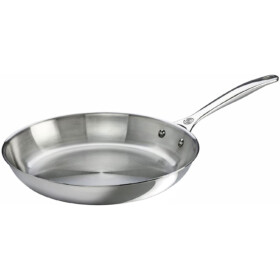
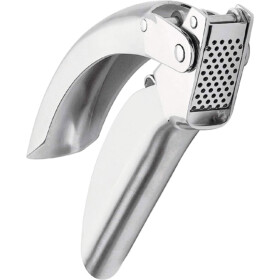
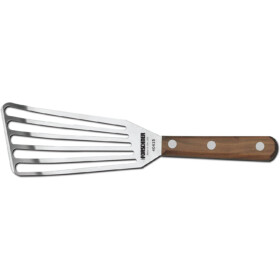
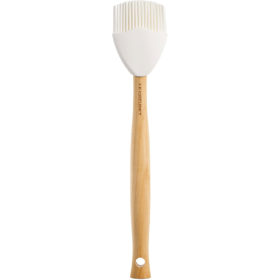
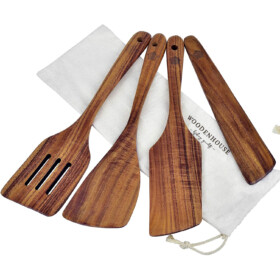
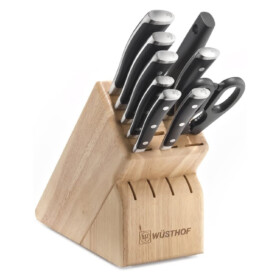
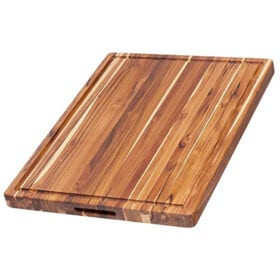
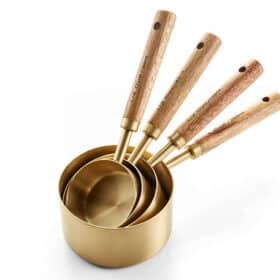
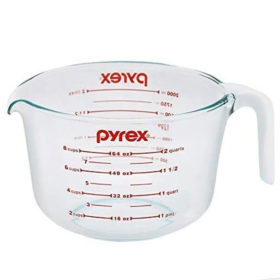
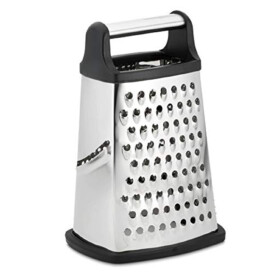
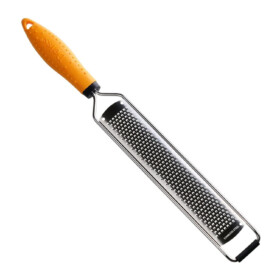
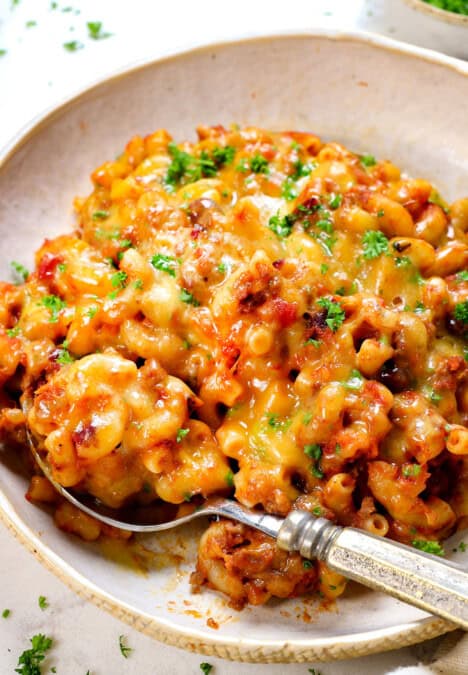
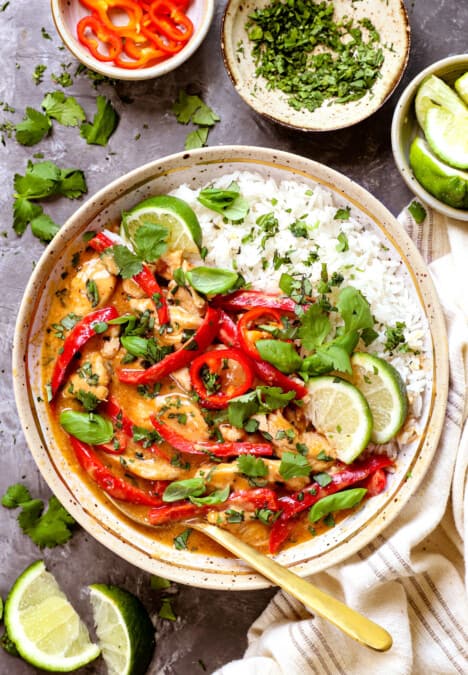
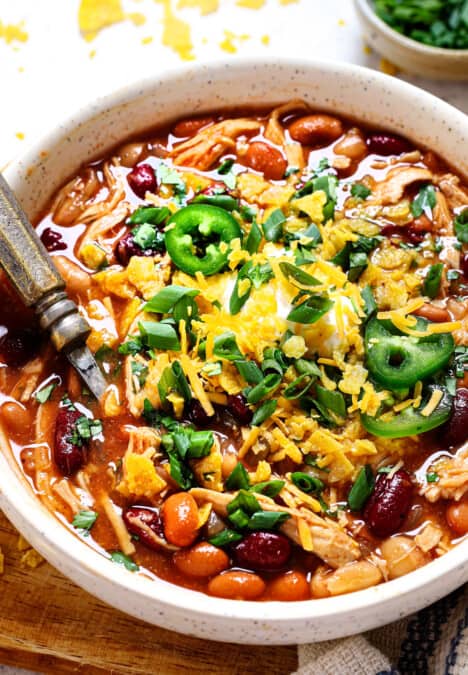
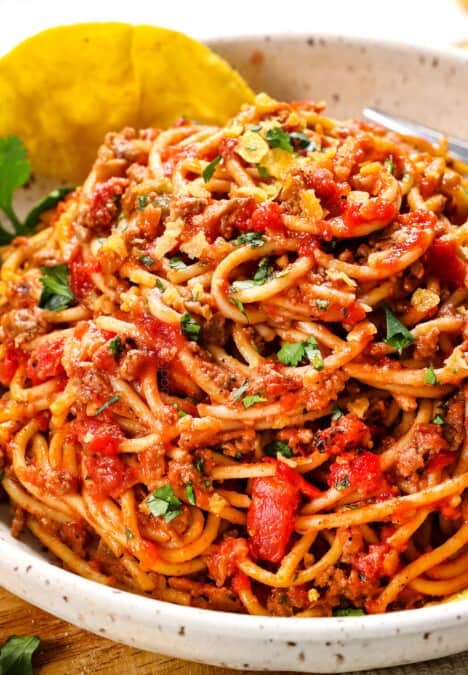
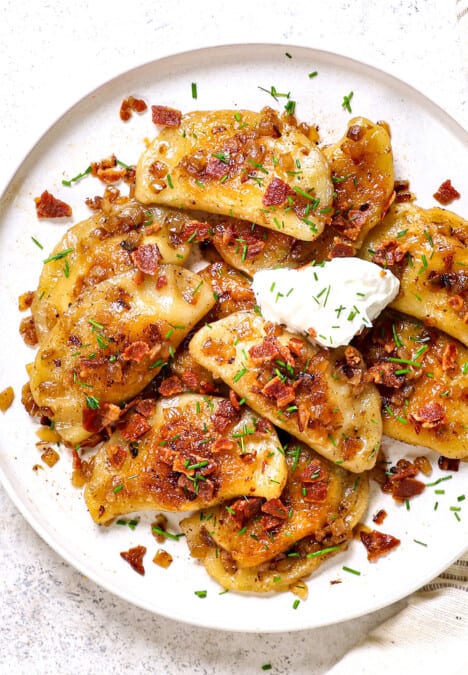
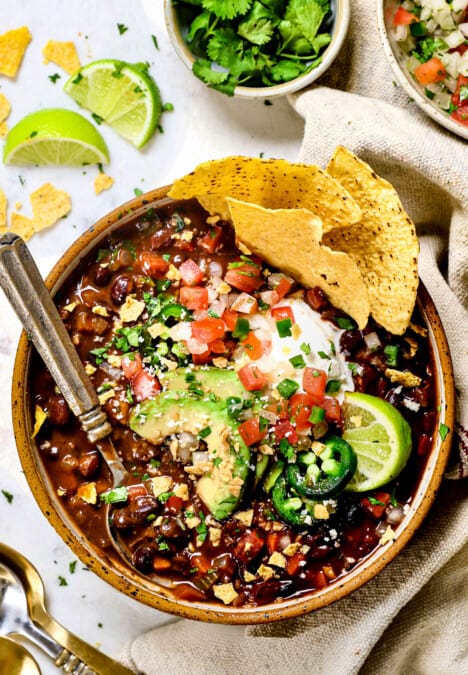
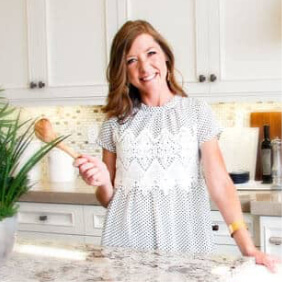
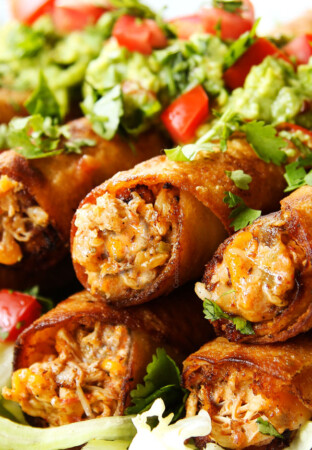
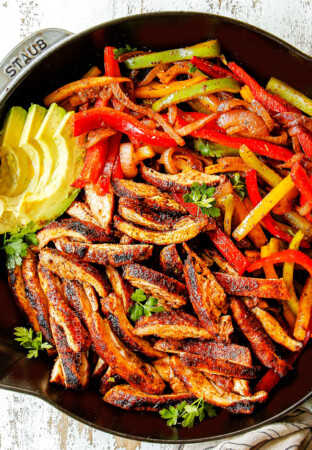
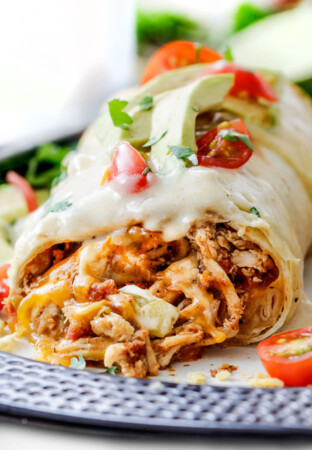
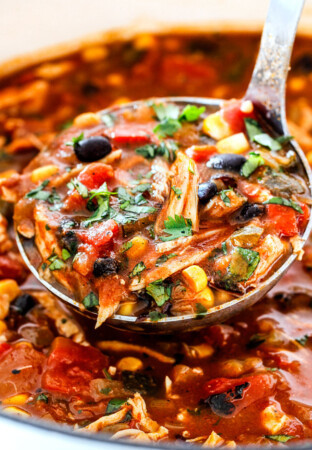
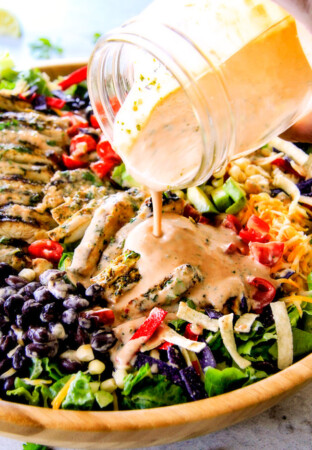
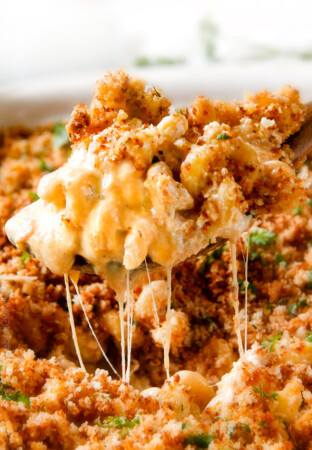
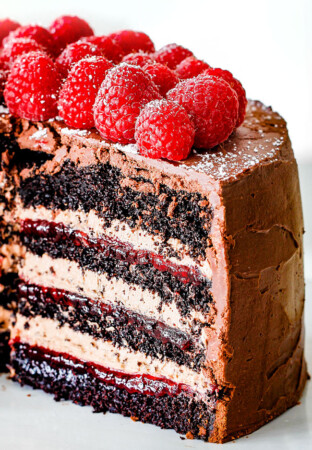
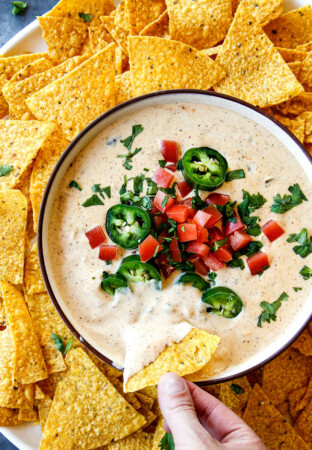
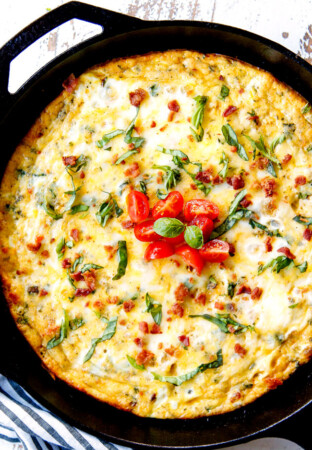
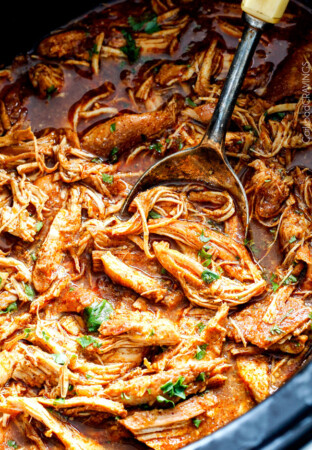
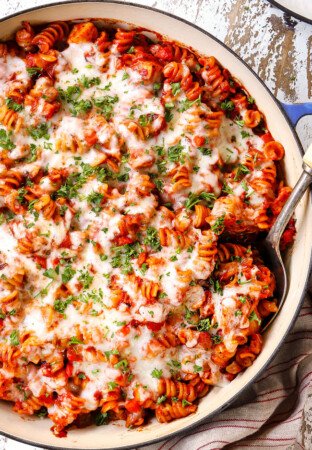
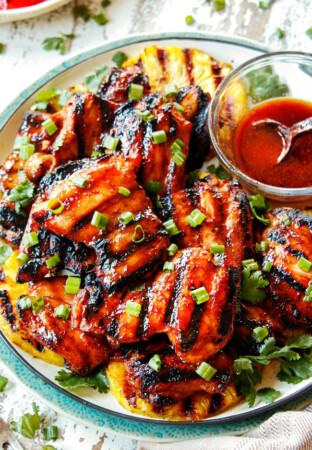
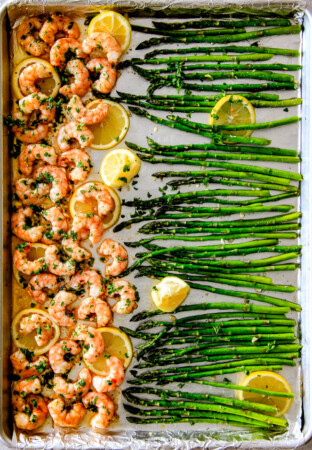
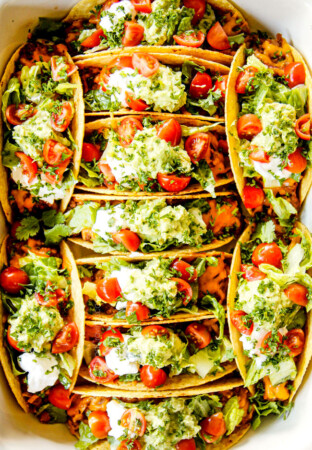
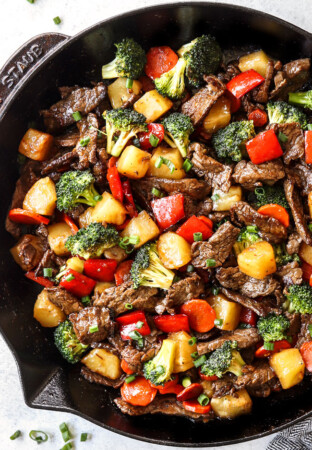
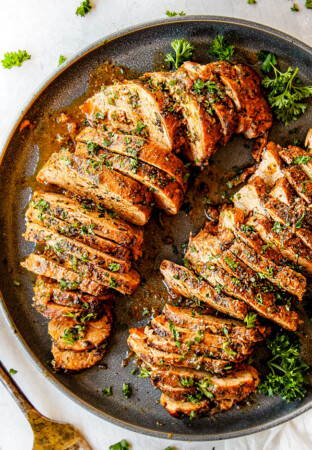
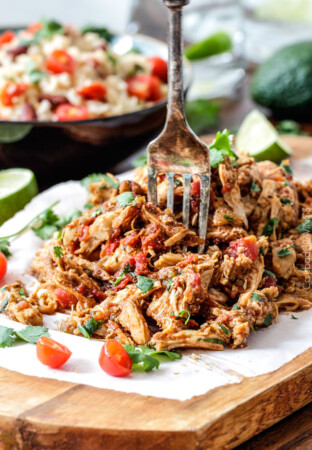
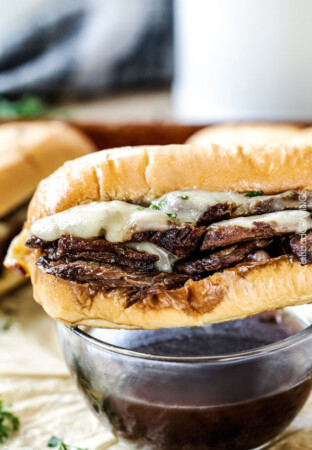
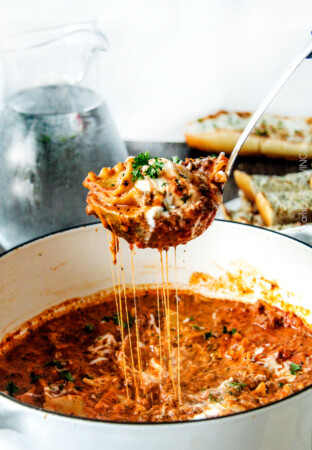
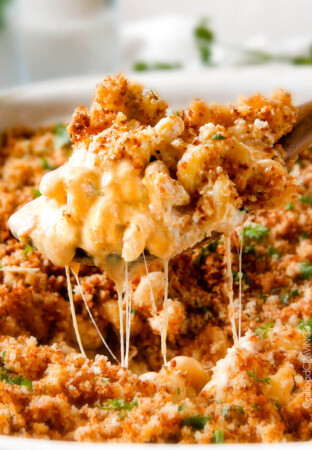
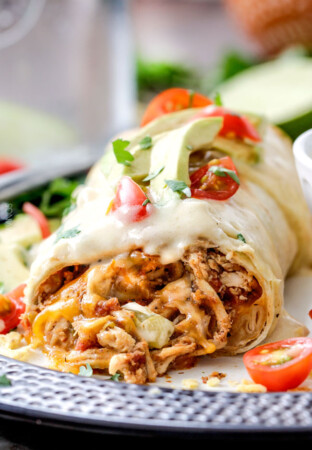
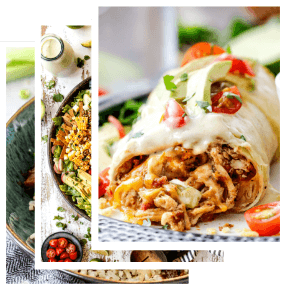
Kathleen says
Amazing! Jen your recipes are legendary:)
Love the confluence of flavors.
Jen says
Thank you so much, Kathleen! I am so happy you enjoy my recipes!
Sandy says
YUM! Delicious and a nice kick to it. Definitely making again!
Jen says
Thanks! I’m so happy to hear that it will be a repeat!